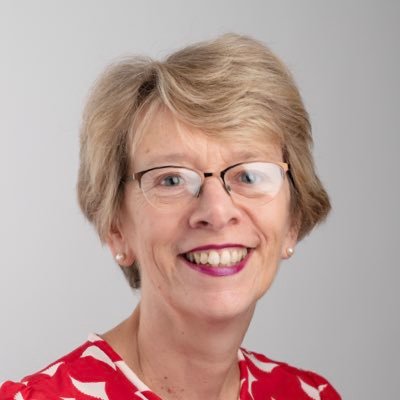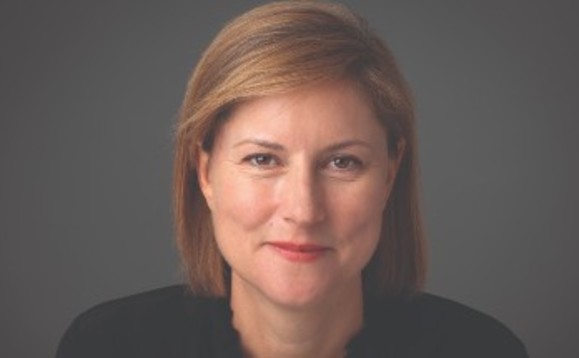Spotlighting Health's Female Leaders: Dr Sam Roberts
Please introduce yourself, including your role within your organisation, and a short overview of your career path.
I'm Sam Roberts, Chief Executive of the National Institute for Health and Care Excellence (NICE).
I have worked a lot in both the public and private sectors in the UK and elsewhere across the world, and prior to joining NICE I was Managing Director of Health & Care at Legal and General, with responsibility for identifying promising areas for investment across health and care. I have worked in a variety of roles in the NHS – as the first Chief Executive of the Accelerated Access Collaborative, the national umbrella organisation for health innovation, as a senior manager at a large teaching hospital in London (UCLH) and a Director in an Academic Health Sciences Centre and Network (UCLPartners). I have also worked in research, working with health economic models to inform evidence-based policy, initially at the London School of Economics, before moving to the University of Oxford to do a DPhil. I originally trained as a doctor and practiced medicine in South Africa, the UK, and Australia before undertaking an MBA and joining McKinsey and Company.
"My biggest leadership lesson is that you cannot be successful on your own."
What has been the biggest leadership lesson in your career?
My biggest leadership lesson is that you cannot be successful on your own. You need other people to help you succeed. Relationship building is a vital part of career development, and not something that should be an afterthought on top of everything else that you have to do. I found this to particularly be the case when I had my children and took time out of my career to be at home for them. It was through the relationships that I had forged earlier in my career that enabled me to pick up where I had left off, and open doors for me that might not have been possible otherwise. You can only get so far on your own but sometimes there is a myth around leadership that it is all about you!
Knowing that I have needed others in my career has totally informed how I behave as a leader. Just as people helped me to succeed, I want to do the same for others. I make time to be a mentor for people who want my support at all stages of people’s careers.
How do you make sure your work is inclusive of others?
I have a few things that I do in order to be as inclusive as possible:
- In meetings I always try to ask questions and not make statements. As a leader this is a tricky balance to strike – I’m not sure I always get it right – but I try to use coaching questions to help bring people into the conversation.
- Related to this, my approach is to treat everyone like they are the most important person in the room. In a meeting I do not want anyone to feel less important – particularly as it is often the more junior people who are closest to the detail! I try to give everyone the chance to speak and input to the discussion, encouraging a culture where everyone can speak up.
- On a practical level I am a big fan of bringing multi-disciplinary teams together. I see part of my role as CEO is to enable more inclusive, cross cutting working practices.
“There are years that are questions and years that are answers.”
What advice would you share with the female HealthTech leaders of tomorrow?
It is a bit of a cliché, but the main thing I would say is “keep calm and carry on.” What I mean by this is to stay in the game, trust your ability and not give up when things are maybe not progressing as you would have hoped. I believe we are taught to expect that careers progress in a linear fashion, but that has totally not been my experience. I have had long periods of time (years!) where I felt like I was not progressing at all and then months where everything has happened at once.
The advice that someone gave me was that “there are years that are questions and years that are answers” and that has totally resonated with my career. You can only get to the years that are answers by having the years that are questions. Sometimes that will feel really tough, but you need to go through those hurdles to develop as a leader.



Dr Sam Roberts, Chief Executive, National Institute for Health and Care Excellence (NICE)



